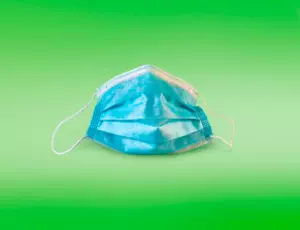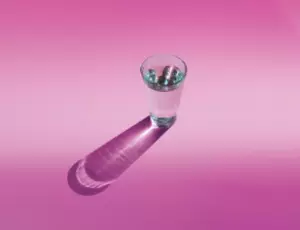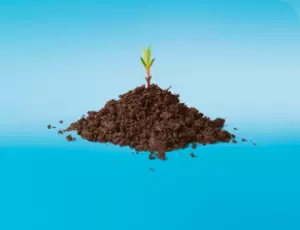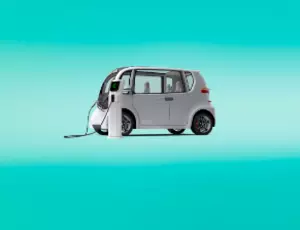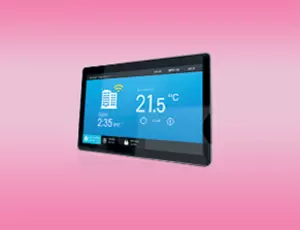Using innovative refining, disinfecting and decontamination solutions, Veolia recovers and gives a second life to wastewater, which can then be reused in various ways, from meeting industrial needs to providing people with drinking water.
Supporting the reuse of treated wastewater
Drop by drop, freshwater resources are becoming scarce. Representing just 2.5% of all available water on the planet, freshwater is coming under ever-increasing pressure, linked predominantly to population growth. To manage these instances of water stress, we must not only act and raise awareness in terms of reducing consumption, but also develop solutions for reusing treated wastewater.
With 350 proprietary technologies covering every key stage in the water treatment process, Veolia is a globally recognized key player in the field. From refining to bacterial disinfection and the removal of micropollutants, the Group is proficient in every technology necessary to support manufacturers and regional authorities with their wastewater reclamation projects. Reuse is less costly than desalination or transporting drinking water, and offers Veolia’s customers a safe and effective way to reclaim an abundant resource in the form of high-quality water, for use in multiple applications from domestic consumption to agricultural and landscape irrigation.
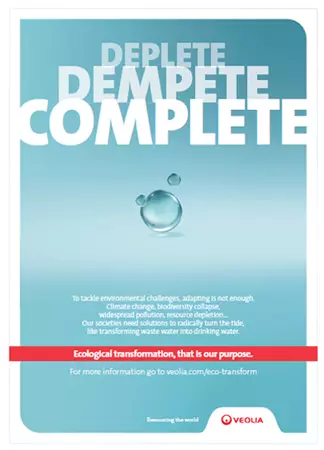
REAL-WORLD EXAMPLES
• In NAMIBIA, with Veolia, the Windhoek treatment plant transforms 21,000 cubic meters of wastewater daily into drinking water to ensure the capital city’s supply of clean water.
• In FRANCE, Veolia supports the municipality of Sainte-Maxime with wastewater reclamation solutions for watering its green spaces.
2,5%
of the planet’s available water is freshwater
1%
only of wastewater is reused in France
350
proprietary water treatment technologies owned by Veolia
A multifaceted performance
creating high-impact solutions for all
Ecological transformation also means looking beyond economic and financial performance alone to work on environmental, social, commercial and human resources performance. Multifaceted performance means achieving the perfect balance between all these factors, which for us form an indivisible whole.

Our human resources
performance
Developing high value-added expertise and skills

Our social
performance
Economic and social development in regions experiencing water stress
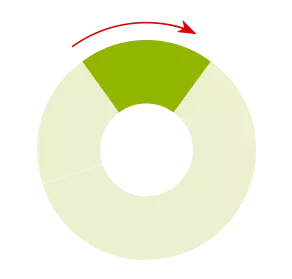
Our environmental
performance
Sustainable management of freshwater resources: decontamination of wastewater and protection of environments; smaller, less energy-hungry loops; possible complementary production of energy and materials

Our commercial
performance
Cost control; production continuity; reduced impact on natural resources

Our economic and financial
performance
Revenue growth and increased investment capacity




